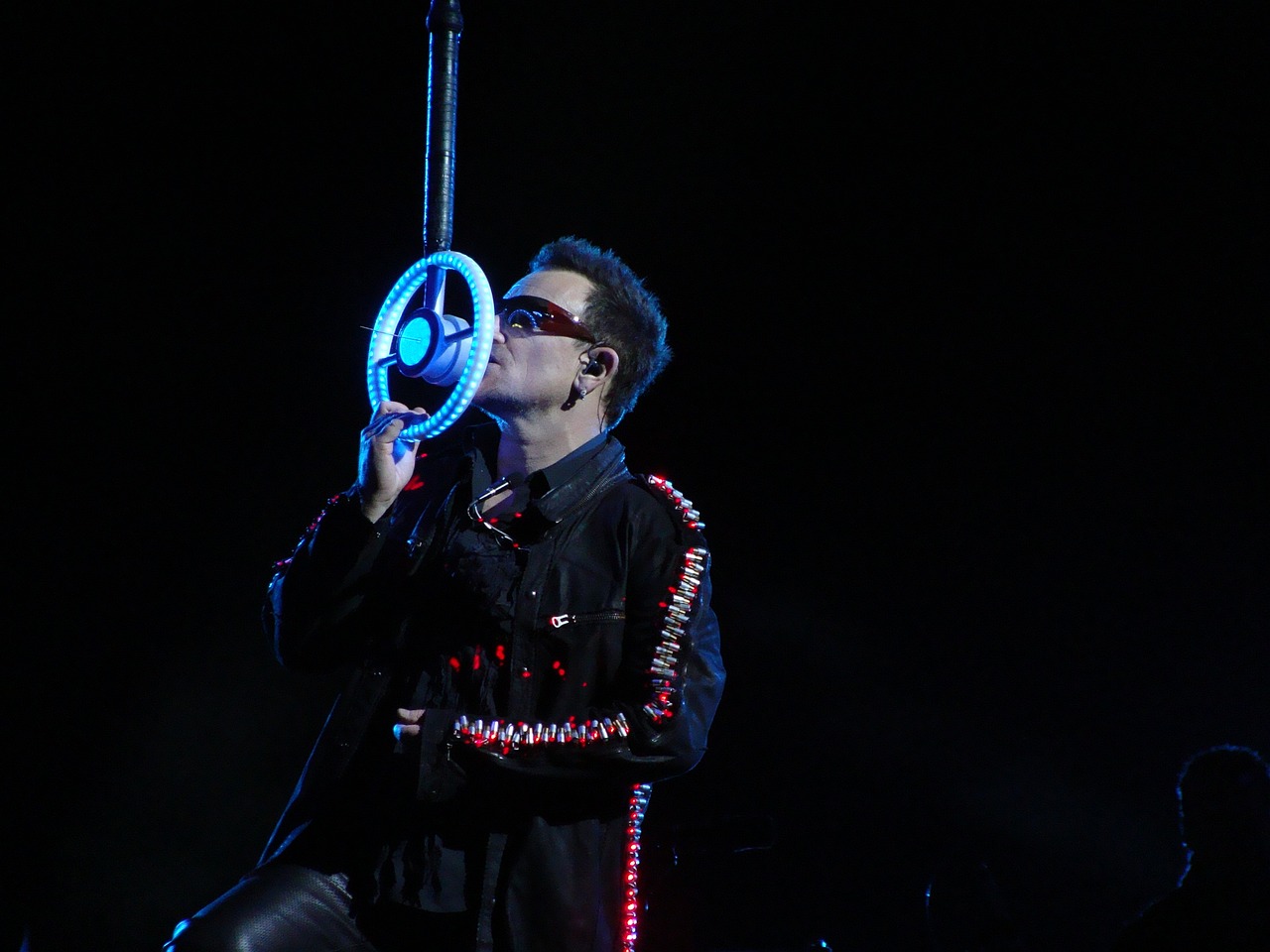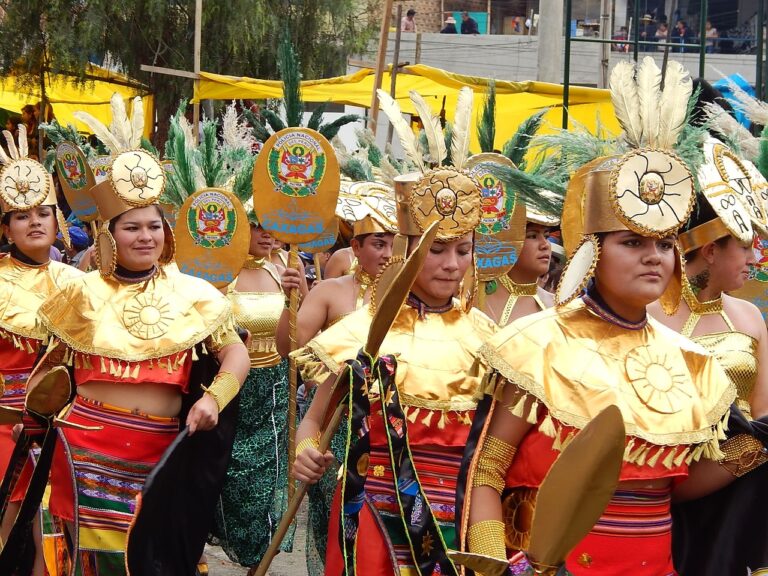Analyzing the Role of Diversity in Award-Winning Entertainment
Award-winning entertainment has the power to shape societal norms and perceptions. When diverse voices and perspectives are showcased in films, television shows, and other forms of media, it not only reflects the real world but also allows audiences to connect with characters on a deeper level. Representation in award-winning entertainment is essential as it validates the experiences of underrepresented groups and fosters a sense of inclusivity that resonates with viewers from all walks of life.
By featuring diverse characters and stories that go beyond one-dimensional stereotypes, award-winning entertainment has the ability to challenge existing norms and inspire social change. When marginalized communities see themselves represented authentically on screen, it not only boosts their self-esteem but also raises awareness about issues that are often overlooked in mainstream media. The power of representation in award-winning entertainment lies in its ability to amplify voices that have historically been silenced, paving the way for a more inclusive and equitable industry.
The Evolution of Diversity in the Entertainment Industry
Representation and diversity in the entertainment industry have seen significant strides over the years. With the growing awareness of the importance of inclusivity, filmmakers, producers, and creators are actively working towards authentically showcasing diverse stories and characters on screen. This evolution has not only enriched the entertainment landscape but has also allowed audiences to connect with a wide range of narratives that reflect the world we live in today.
Through the inclusion of diverse characters and storylines, the entertainment industry has been able to break away from traditional stereotypes and offer a more nuanced, realistic portrayal of society. By embracing diversity, creators have been able to challenge preconceived notions and offer a platform for underrepresented voices to be heard. This shift towards inclusivity not only broadens the scope of storytelling but also fosters a more inclusive and empathetic society.
Breaking Stereotypes Through Diverse Characters
Representation and diversity in entertainment play a crucial role in breaking stereotypes that have long been perpetuated in mainstream media. By introducing diverse characters that challenge traditional norms and expectations, creators not only provide more authentic and inclusive narratives but also enable audiences to see themselves reflected on screen in a meaningful way. When characters from various backgrounds are portrayed with depth and complexity, it helps dismantle harmful stereotypes and promotes a more nuanced understanding of different cultures and identities.
Moreover, the portrayal of diverse characters in entertainment allows for a broader range of stories to be told, showcasing the rich tapestry of human experiences that exist beyond the limited scope of conventional narratives. By offering a platform for underrepresented voices to be heard and celebrated, diverse characters empower marginalized communities and foster a greater sense of empathy and understanding among viewers. Through the lens of diverse characters, entertainment has the power to shape societal perceptions, challenge ingrained biases, and inspire positive social change.
Why is representation important in award-winning entertainment?
Representation is important because it allows individuals from diverse backgrounds to see themselves reflected in popular media, which can help break stereotypes and promote inclusivity.
How has diversity evolved in the entertainment industry over the years?
Diversity in the entertainment industry has evolved significantly, with more diverse characters and stories being represented on screen. This shift towards inclusivity has been driven by the demand for more authentic and relatable storytelling.
How do diverse characters help in breaking stereotypes?
Diverse characters help in breaking stereotypes by showcasing the complexity and diversity of different cultures, backgrounds, and identities. By portraying characters that defy traditional stereotypes, media can challenge preconceived notions and promote understanding and empathy.







